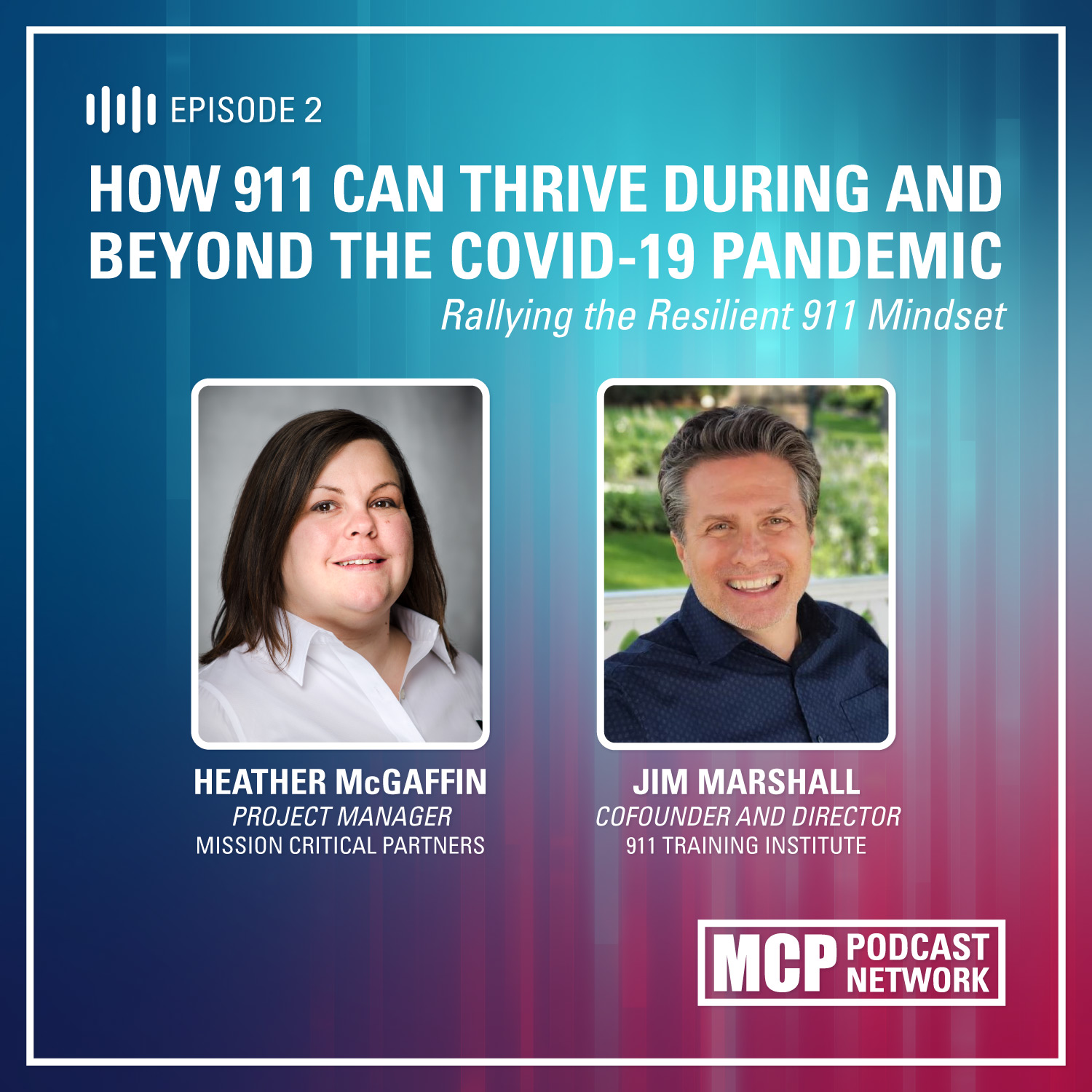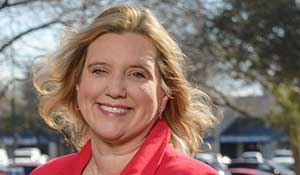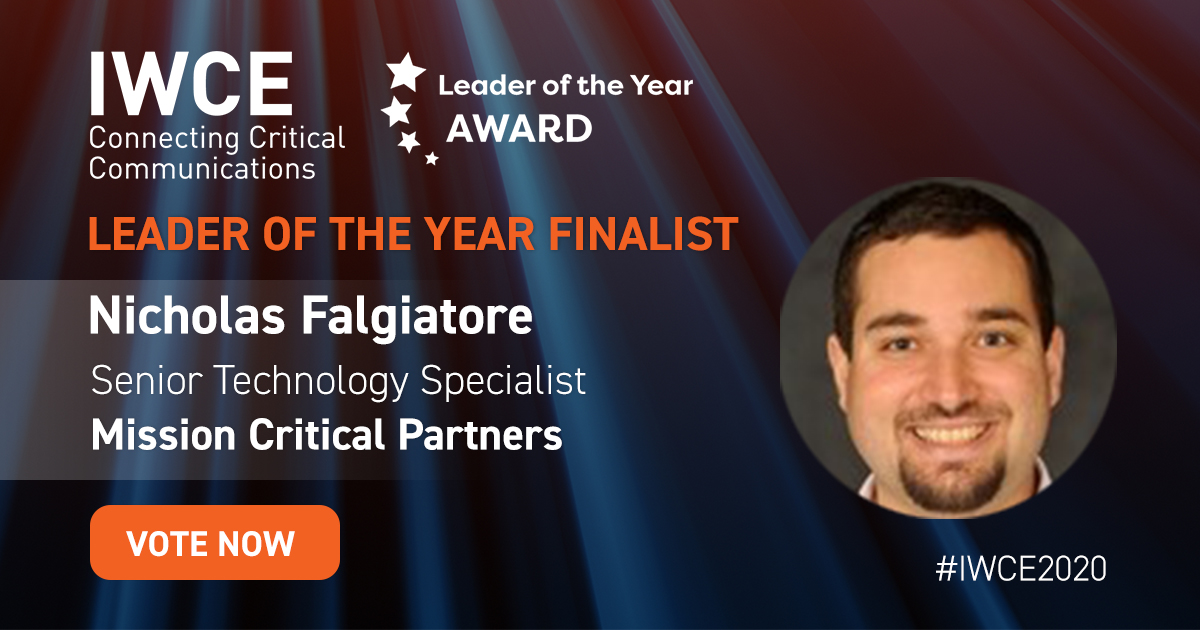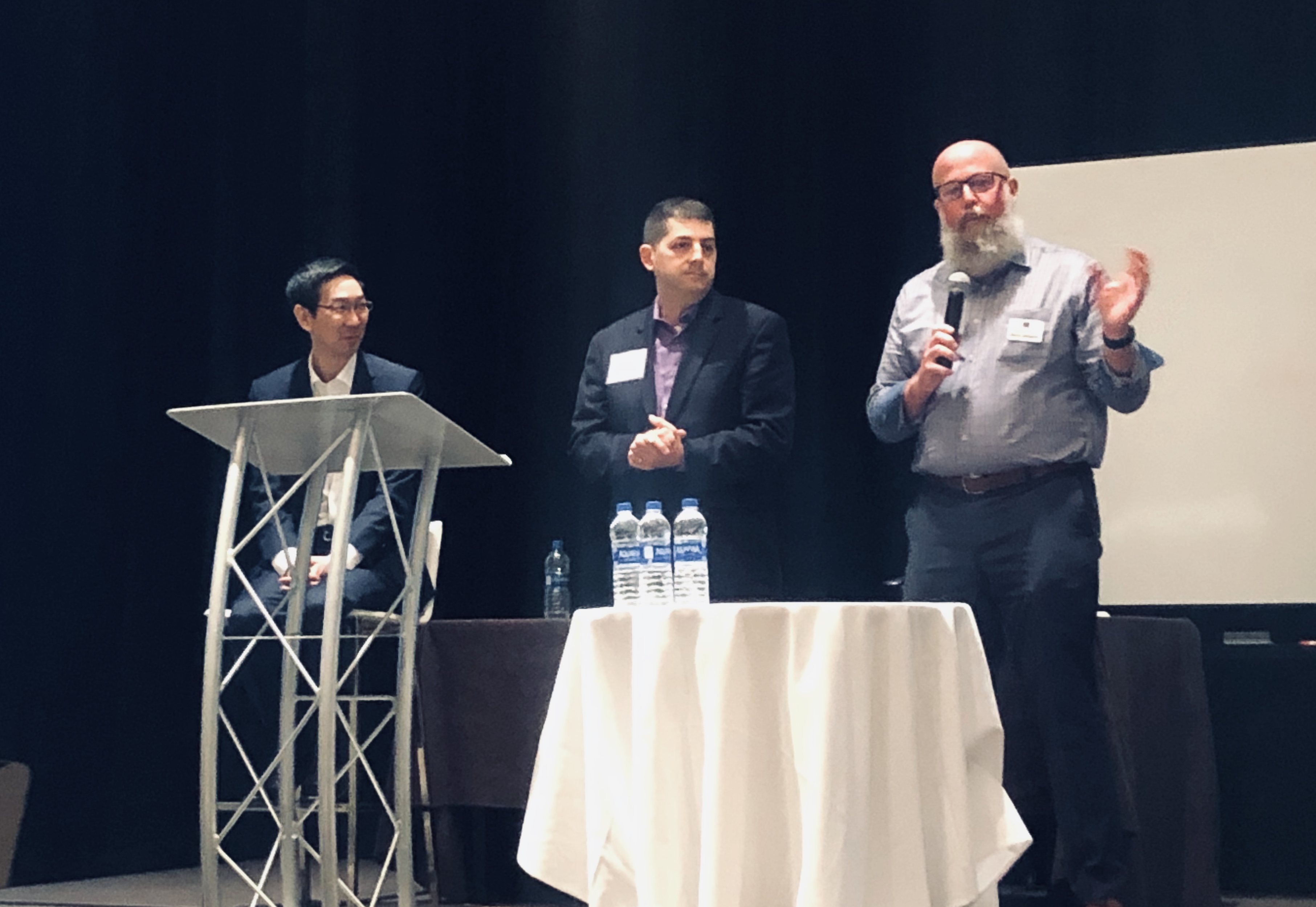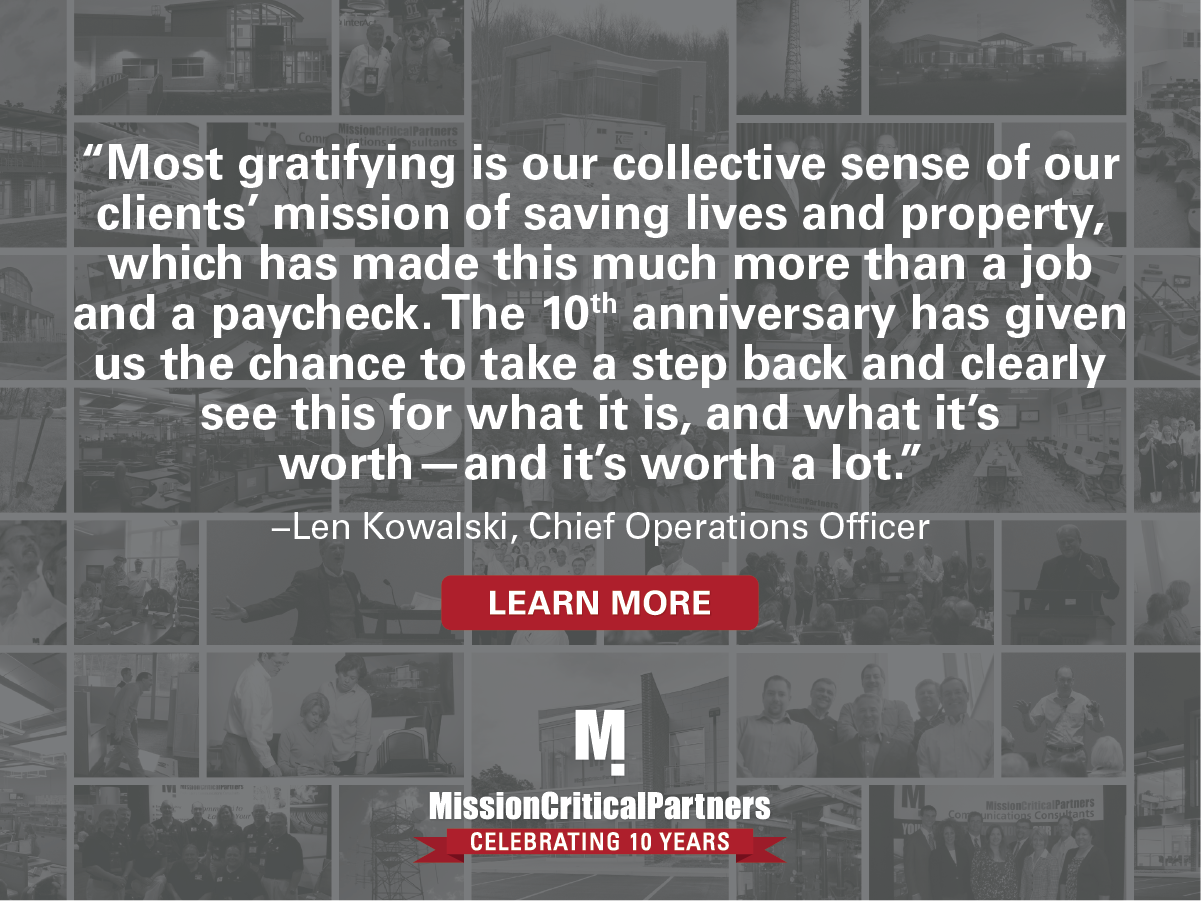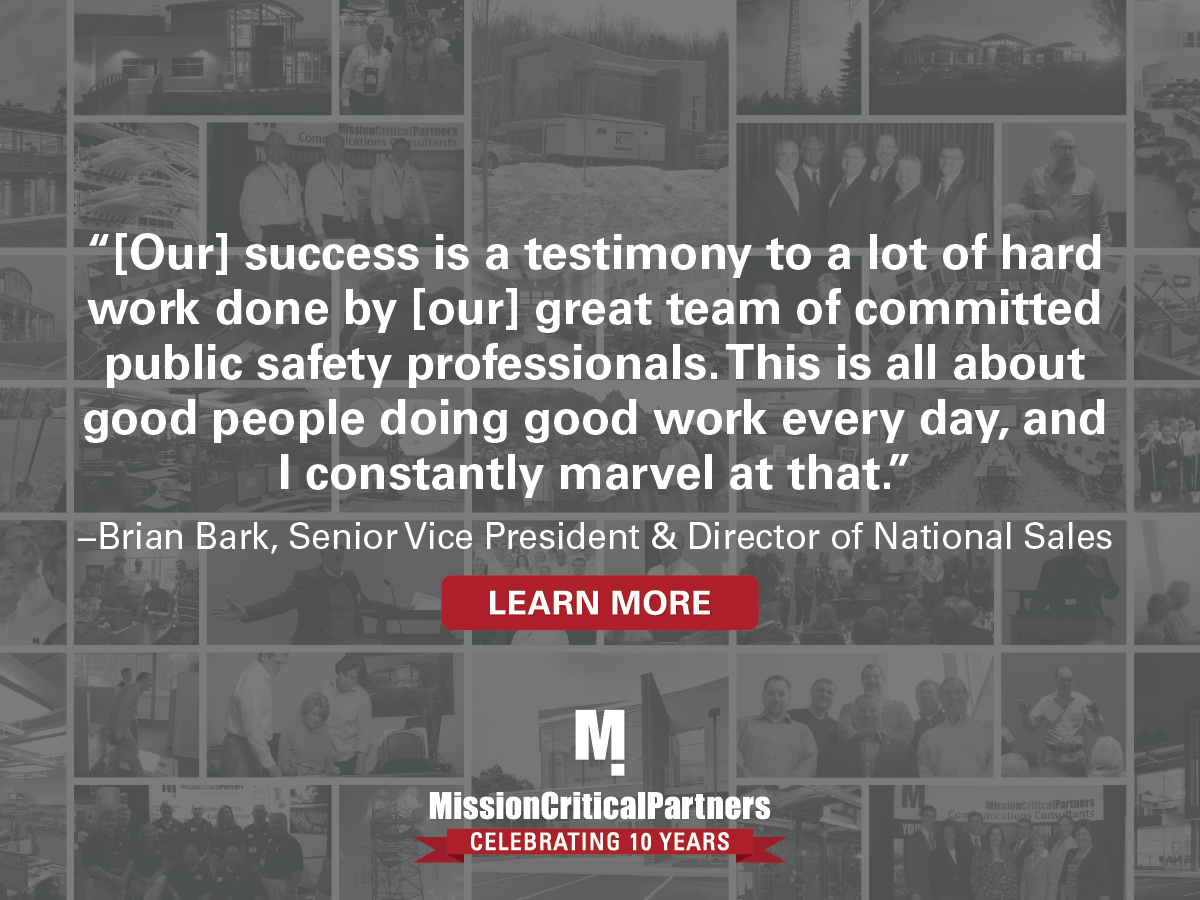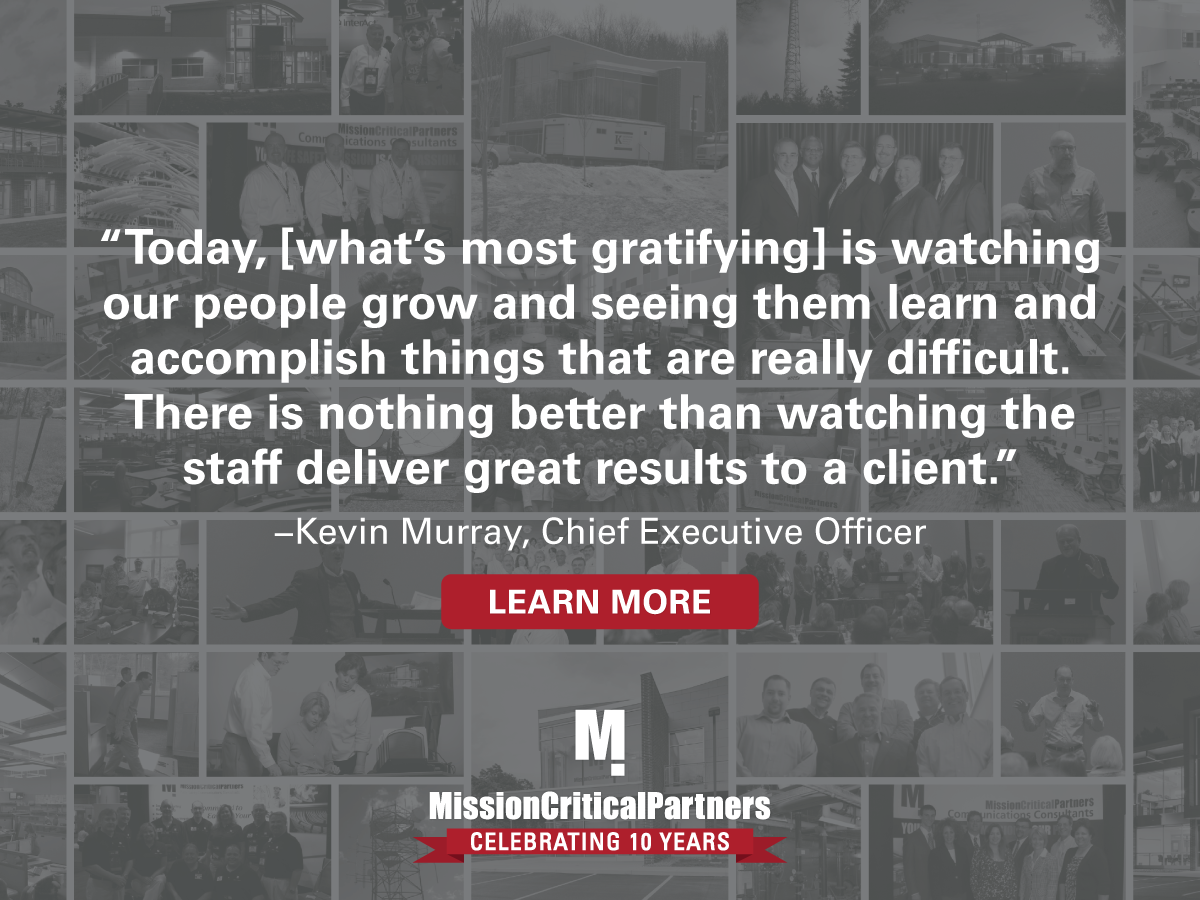Podcast Series Tackles COVID-19-Generated Telecommunicator Stress
Without question, the role of telecommunicator in an emergency communications center (ECC) is one of the most stressful jobs on the planet. Having to deal with distraught, even hysterical, callers who are having the worst day of their lives, and then making split-second decisions regarding the appropriate emergency response to dispatch—all while maintaining one’s composure—is no easy task. Unfortunately, the COVID-19 pandemic is adding to the stress considerably.

